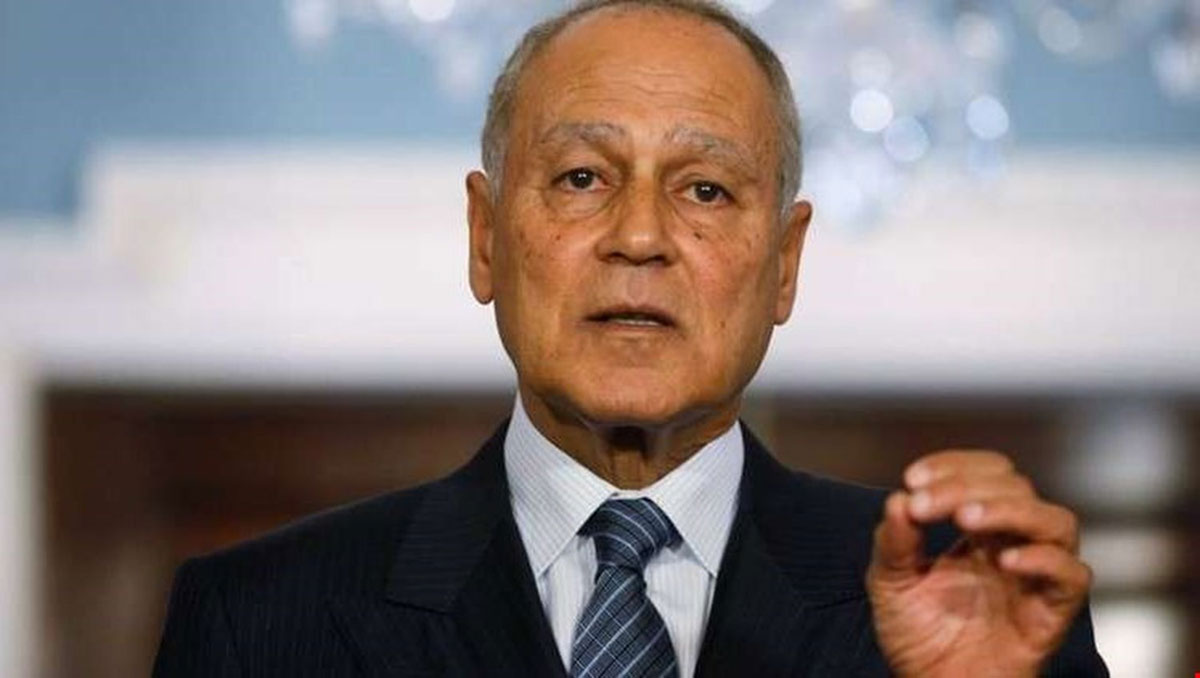League of Arab States warn Turkey over interference
ISTANBUL, Turkey (North Press) – TheLeague of Arab States announced on Sunday evening its rejection of Turkish interventions in the area.
“Turkey is involved in different violent disputes with regional and major countries that might cause it problems,” Ahmed Aboul Gheit, the Secretary-General of the League of Arab States, warned.
“Recep Tayyip Erdogan militarily interfered in Egypt, Syria, Iraq, and Libya,” Aboul Gheit said in a televised statement.
“He is also interfering in the Caucasus, between Azerbaijan and Armenia, and colliding with Greece and Cyprus, and attacking the gas regions in the Eastern Mediterranean,” he added.
“This is what forced a major country like France to send fighters to maneuvers with the small Cyprus, and an aircraft carrier weighing 85,000 tons, including 100 aircraft, to the eastern Mediterranean,” he said.
Even Italy, that tolerated many of Erdogan’s positions, went to France, “all to say to Erdogan ‘we will punish you,’” according to Gheit.
“I always ask myself, if I were an associate of the Turkish President, would not I be frank with him about that?” he wondered.
Foolish policy
“Aboul Gheit’s statements depend on the Turkish policy that is threatening the stability of the region, whether the Arab or the Caucasus region,” Egyptian politician and researcher Mahmud Abu Hosh told North Press.
“The Turkish command always follows a foolish policy through providing military, political, or economic support to parties that fuel the conflict in the area,” Abu Hosh added.
“The Turkish behaviour urged external powers to interfere in the Arab countries and Caucasus,” he said.
“The Turkish intervention in the Arab countries and Caucasus made the region into a pie that international and regional powers were fighting over,” he confirmed.
“Egypt committed to ridding Libya from all terrorist organizations and militias, and stopping the blatant interference of some regional parties,” Egyptian president Abdel Fattah el-Sisi said in September.
“Those regional parties brought foreign fighters to Libya to achieve outdated ambitions and colonialist illusions,” El-Sisi said of Turkey.
“Turkey is working to destabilize security and stability in Libya and the entire region,” Egyptian Foreign Minister Sameh Shoukry said of Turkey on September 9.
“Turkey wants to repeat the Syrian experience in Libya,” he added.
“Egypt will not remain steady watching the Turkish ambitions that are clear in Iraq, Syria, and especially Libya,” he said.
Zero friends
“All threats and warnings refer to the zero-conflict policy that Turkey has adopted since the AKP came to power,” Ismail Cengizoglu, a Turkish political researcher, told North-Press.
But Erdogan turned it into a “zero-friends policy” as many nations rushed to impose sanctions on Turkey and withdraw investments from there, according to Cengizoglu.
That caused the Turkish currency to collapse by 30% this year, he said.
Last week, the EU warned Erdogan that they would impose sanctions on Turkey unless it stopped its provocative practices in several regions, the most prominent of which was the Eastern Mediterranean.
In early October, EU leaders held a summit to discuss the disputes in the Eastern Mediterranean between Turkey and Greece, as well as the possibility of imposing sanctions on Turkey due to its intervention and obstinacy in several issues.
The EU delayed the summit, which was scheduled for September 24 and 25. Turkey had pleaded with the European Union president and demanded that the summit be postponed.
Additionally, it affirmed that it is ready to submit and implement everything that it was asked to do, fearing the impact of sanctions, according to observers.
Essential state
“The Turkish quantum leap on all levels made it an essential state that has a great role in the regions’ issues,” Rashid Horani, a politician and researcher residing in Turkey, told North Press.
The ratification of the maritime boundary agreement between Turkey and the Libyan Government of National Accord at the United Nations, and the failure to ratify the agreement between Greece and Egypt, angered Aboul Gheit, so he rushed with statements that are far from reality and based on emotion, Horani stated.

